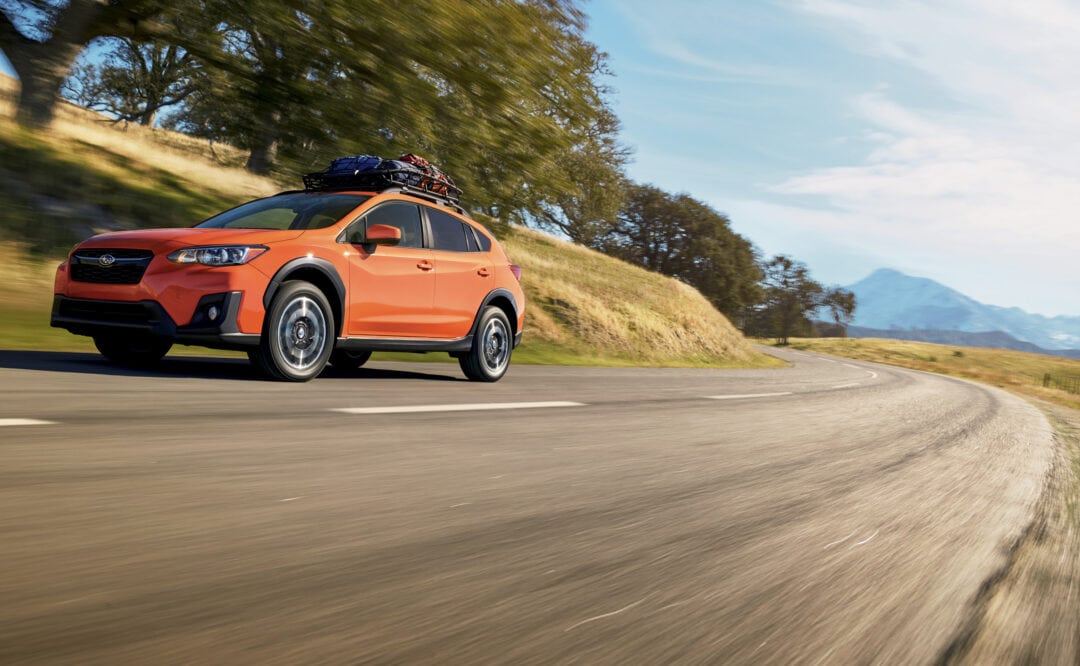Thierry Bollore’s two-year stint as CEO of Jaguar Land Rover was memorable for failing to generate a single profitable quarter during a period when rival luxury automakers were posting record margins.
However, the Frenchman’s turnround at the troubled UK automaker was on the cusp of generating positive results, even as global events conspired against him.
Bollore’s most recent public appearance at last week’s quarterly results call will presumably be his last after JLR owners Tata Motors said he will step down effective Dec. 31 for “personal reasons” that were reportedly not health related.
The former Renault CEO did not appear comfortable in the spotlight and he was not an active participant in these investor calls, but last week he spoke passionately about the subject that dogged his tenure at JLR: the shortage of chips.
“We should not forget that the supply of chips is really a crisis in our sector,” he said, adding that it would take “years” before the situation returned to normal.
The Financial Times in the UK reported it was Bollore’s inability to mitigate this crisis that prompted Tata bosses to push for his resignation.
It was a tough task. As a smaller player in the industry, JLR found it harder to get much-needed deals with chipmakers amid the supply squeeze.
In September, one supplier even severed its agreement with the company, hitting production for the month until it was persuaded back on board.
Adrian Mardell, JLR’s chief financial officer, and now its interim CEO, vented his frustration at the company’s inability to get hold of the precious semiconductors.
“It’s hard work for us, we were behind the clock,” he said. “It’s a bit like turning up at buffet two weeks late — some of the stuff left is not what you want.”
The lack of chips meant JLR was slower than usual ramping up production of the keenly awaited replacements for its twin profit engines, the Range Rover and Range Rover Sport large SUVs.
JLR prioritized the two luxury SUVs, as well as its popular and high-priced Land Rover Defender for chips and by end of September, 72 percent of the company’s huge 205,000 order bank of cars were for those three cars.
Bollore had done plenty at the company to ensure that once it overcame production issues, profits could flow. His Reimagine strategy called for fewer sales that concentrated on more luxurious vehicles commanding higher prices.
Figures presented to investors showed this had worked. JLR’s breakeven point had come down from 660,000 wholesales in the 2019 financial year to around 300,000 for the current financial year.
Revenue per unit meanwhile was up to 70,000 pounds ($83,000).
After joining JLR in September 2020, Bollore’s frank assessment of the automaker’s product plans, inherited from previous CEO Ralf Speth, led him to conclude that much was outdated.
He wrote off one billion pounds of investment into the planned Modular Longitudinal Architecture electrified platform, killing the electric Jaguar XJ sedan, an electric Land Rover dubbed ‘Road Rover’ and the Jaguar J-Pace SUV.
Under his new plan, Jaguar would no longer compete with BMW but instead would become a luxury electric brand in 2025 with its own dedicated platform called Panthera.
Behind the scenes, Bollore was transforming JLR.
An ambitious program called Refocus aimed to digitize the company, cut production spend and improve JLR’s long time bugbear of unreliability.
He also inked a deal with Nvidia to collaborate on software.
Refocus was claimed to have delivered 1.5 billion pounds of value in the financial year to the end of April 2022.
A job-cutting program that started when JLR’s profit run came to an abrupt halt in 2019 slowed under Bollore and employees were trained in new ‘agile’ ways of digital working.
By all accounts, JLR became a more pleasant place to work.
Bollore also brought in new blood from different industries.
In 2021, Lennard Hoornik joined as chief commercial officer from UK innovation company Dyson. In July this year, former BMW executive Barbara Bergmeier started as director of industrial operations after moving from Airbus Defence and Space.
It’s tempting to believe that a consignment of chips at the right time could have given Bollore a profitable quarter and allowed him to continue the transformation he started.
Now the search begins for a new CEO, and the future of UK’s anchor car company remains in question amid a troubled time for the country’s auto industry as a whole.

